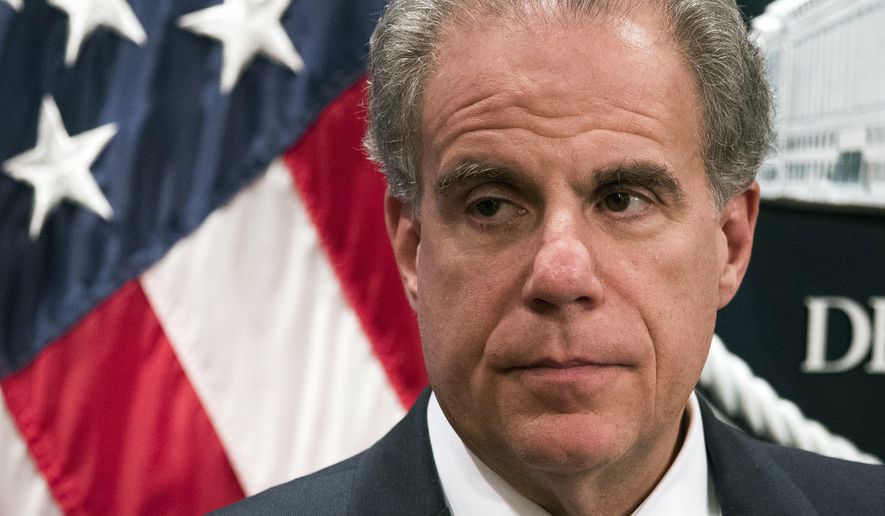A Russian entrepreneur accused in the anti-Trump dossier is citing the Michael Horowitz report in a bid to convince an appeals court to allow new evidence in a libel case against BuzzFeed.
Aleksej Gubarev sued BuzzFeed in 2017 after the news site published all 17 memos of the Christopher Steele dossier. Financed by the Democratic Party, the dossier alleged a major election conspiracy between Donald Trump and the Kremlin. That allegation has been debunked.
In Mr. Steele’s 17th memo in December 2016 is a claim that Mr. Gubarev, founder of computer-server provider Webzilla, is the one who actually hacked Democrat Party computers under duress from Russian intelligence.
Special Counsel Robert Mueller found that Russian military intelligence in Moscow did the hacking and stealing of emails later released by Wikileaks. His report doesn’t mention Mr. Gubarev. Mr. Gubarev has always denied he had any role.
In December 2018, U.S. District Court Judge Ursula Ungaro in Florida dismissed the defamation suit. She ruled that the dossier was used by the government to investigate the Trump campaign and because of that BuzzFeed was protected by the principle of fair reporting privilege.
Then came the Dec. 9 report from Justice Department Inspector General Horowitz. He investigated the FBI’s dossier reliance to obtained four wiretap warrants on Trump associate Carter Page.
In a Dec. 30 motion filed in U.S. Court of Appeals for the 11th Circuit in Atlanta, Mr. Gubarev’s attorneys say the report changes the entire case. They say it shows that the 17th memo, which Mr. Steele numbered 166 and which contained the allegation, wasn’t in FBI possession when BuzzFeed published the dossier on Jan. 10, 2017. The FBI could not have been using the memo at the time. Thus, they argue, there was no fair reporting privilege.
At the District Court level, FBI agent Bill Priestap, who headed the counter-intelligence unit, had filed an affidavit saying the FBI possessed the 17th memo by Jan. 10.
“Report 166 clearly could not have been part of any ’official proceeding’ if no government agency even knew of it at the time of publication,” argued Val Gurvits, one of three attorneys filing the motion. “The only evidence that the District Court could have relied upon in finding that any government agency even possessed Report 166 at the time of BuzzFeed’s report was the affidavit of Priestap.”
Mr. Gurvits added, “It would risk a miscarriage of justice for the Court not to recognize that the Horowitz Report’s findings conflict with Mr. Priestap’s affidavit…..The FBI could not have investigated the claims of a memo it did not yet have ……. Accordingly, to achieve justice and judicial economy, this Court should recognize the Horowitz Report as evidence that significantly undercuts the District Court’s key factual conclusion.”
If the appeals court will not open the record to include the Horowitz report, then a second option would be to send the case back to the District Court to reconsider the dismissal, Mr. Gurvits said.
BuzzFeed editor Ben Smith said after the 2018 dismissal, “As we have said from the start, a document that had been circulating at the highest levels of government, under active investigation by the FBI, and briefed to two successive presidents, is clearly the subject of ’official action.’ Moreover, its publication has contributed to the American people’s understanding of what is happening in their country and their government.”
• Rowan Scarborough can be reached at rscarborough@washingtontimes.com.




Please read our comment policy before commenting.